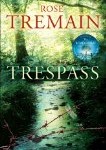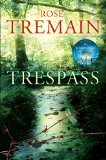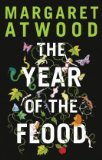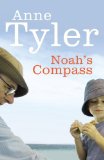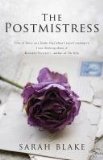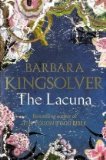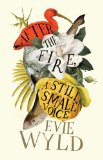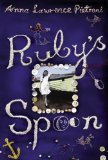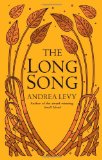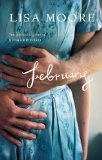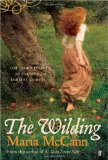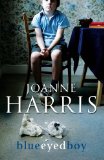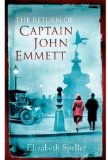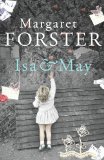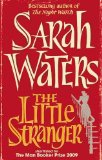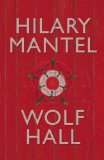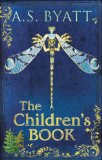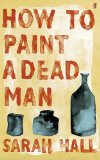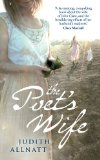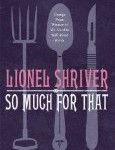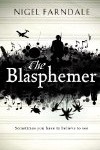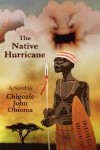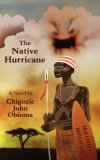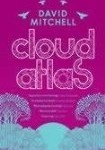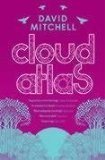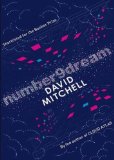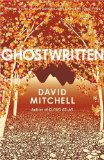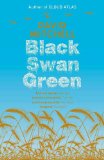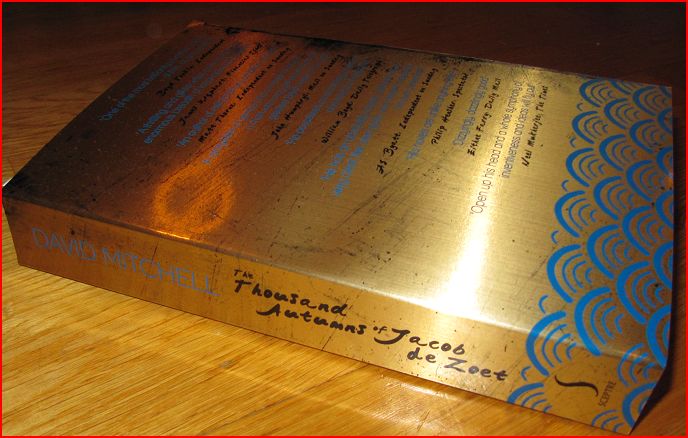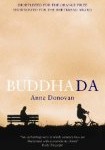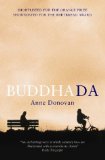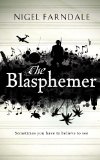

I’d describe The Blasphemer as a solidly good read. It begins by following a couple, Daniel and Nancy, as they travel to the Galapagos Islands. Their plane crashes into the sea and Daniel’s instincts take over – he rescues himself without stopping to think about saving Nancy. Nancy survives the crash too but becomes resentful of Daniel. She questions how much he loves her, thinking that if he had any real feelings for her then he would have put her life above his own.
In a parallel narrative we find out about the equally difficult decisions Daniel’s great grandfather made during the First World War. The scenes of the battlefield were particularly vivid and packed with emotion.
Blood is roaring in his ears. He needs to urinate. A feeling of inertia is creeping over him. He’s no longer sure he’ll be able to climb the ladder. All his fears, he knows, lie over these sandbags – fears not of pain but of annihilation, of ceasing to exist, of unimaginable emptiness.
Back in the present day, Daniel begins to investigate letters that his great grandfather wrote and we slowly learn the truth about what happened all those years ago.
I loved this book! It was written simply, but effectively and I was gripped throughout. There were plenty of twists and turns to satisfy my craving for a complex plot and the characters all came to life for me.
The book analyses whether you have time to weigh up all your choices when your life is in danger and whether your responsibility should be to look after yourself or everyone around you.
There were a few sections where I thought the book went too deep into religious discussions, but I’m not a fan of these at the best of times, so most people would probably be OK with it.
I recommend this book to anyone who enjoys a good story with emotional depth.

Have you read The Blasphemer?
Did you enjoy the religious discussions in it?
Would you be upset if your partner saved themselves first?
Next week (17th March) the long list for the Orange Prize 2010 will be announced. The Orange Prize is awarded annually for the best fiction novel written by a woman. I have really enjoyed reading books nominated for this prize in the past and so am looking forward to seeing who makes the list this year.
What do you think of my selection?
